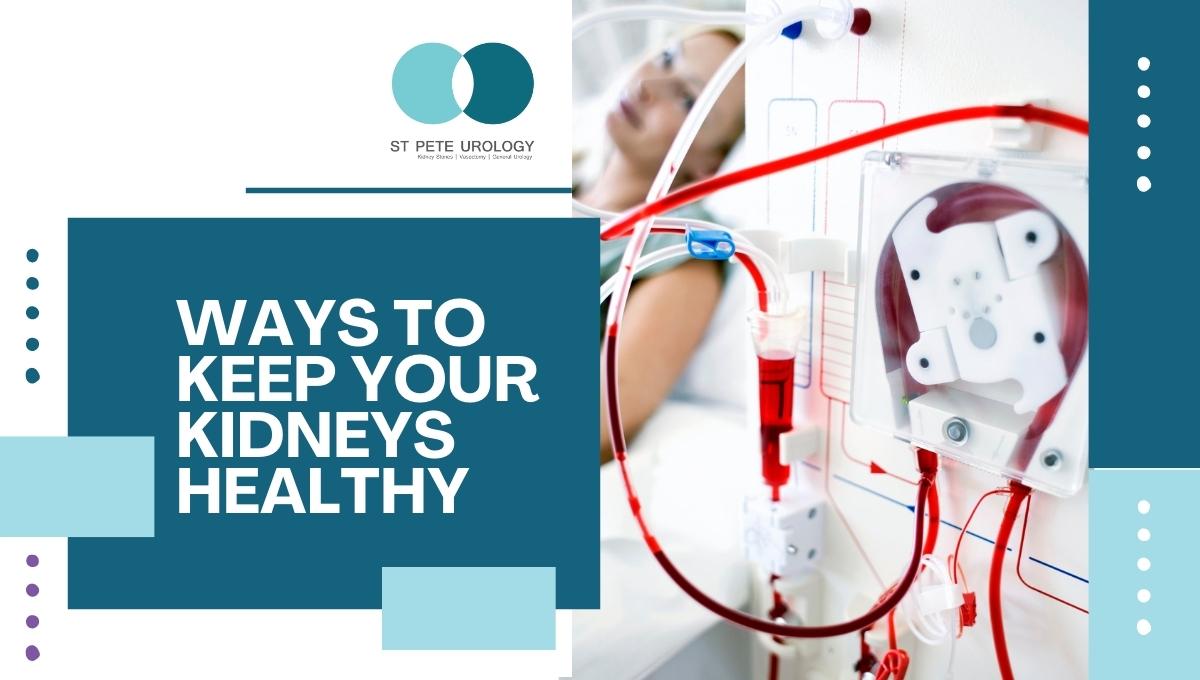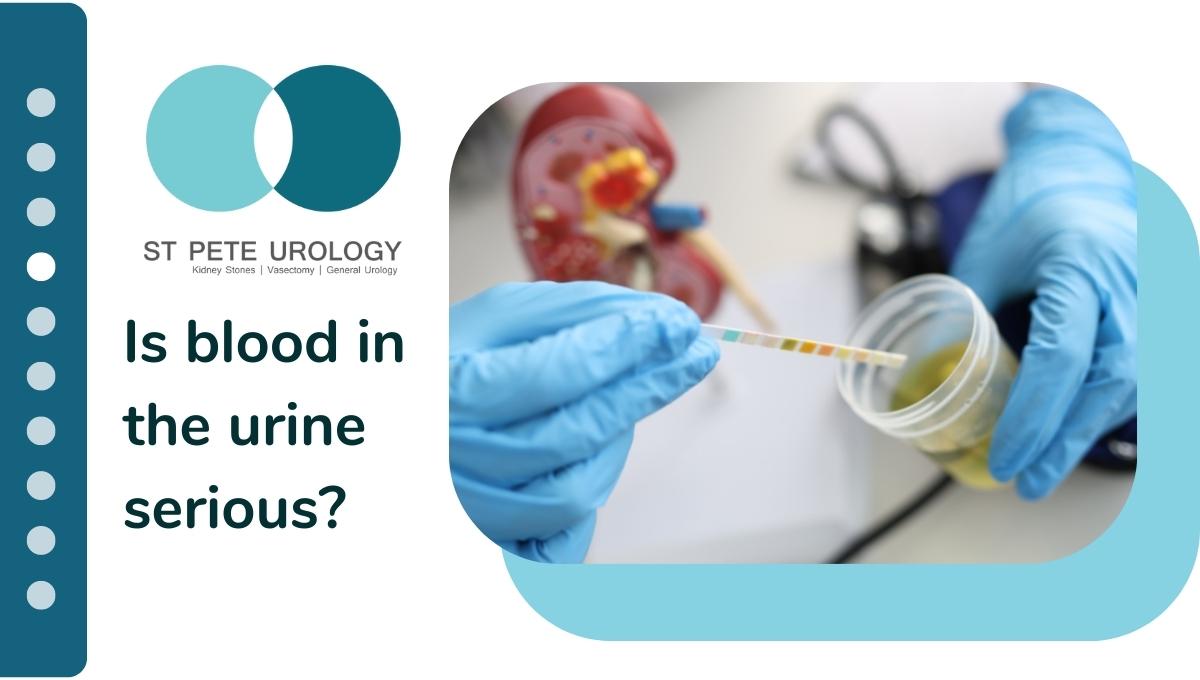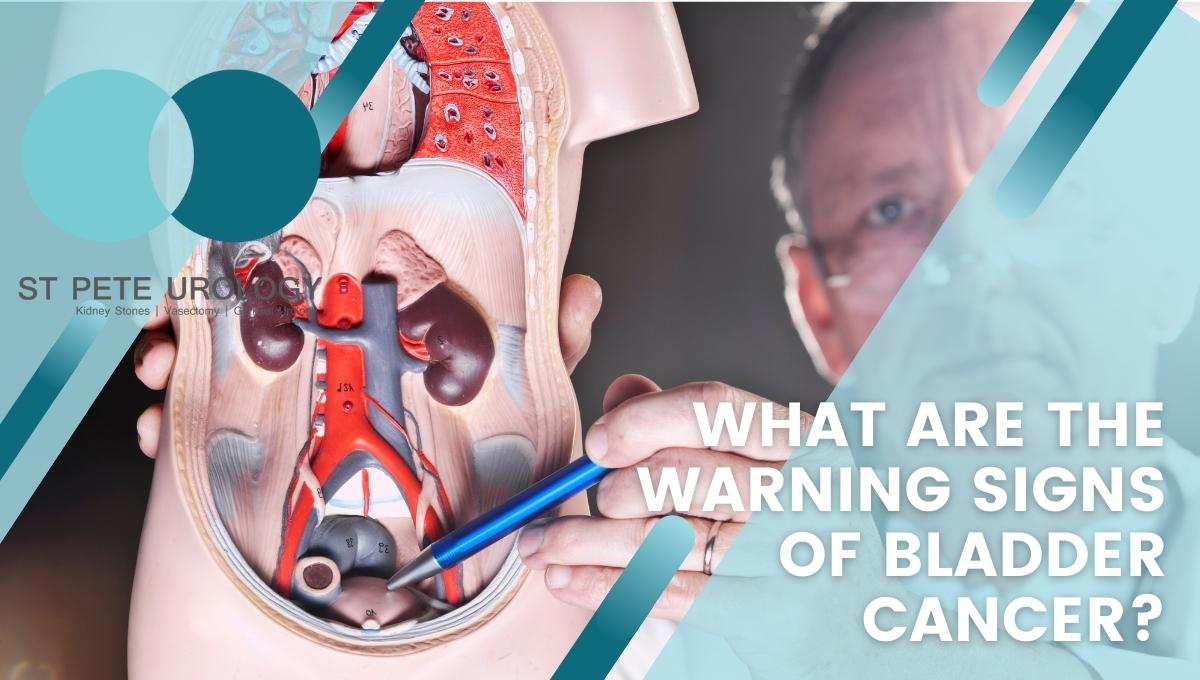 Urine is liquid waste made by your kidneys as they filter toxins and potentially harmful waste from your blood.
Urine is liquid waste made by your kidneys as they filter toxins and potentially harmful waste from your blood.
It is primarily made of water, chemicals (ammonia, creatinine, urea, uric acid), inorganic salts, pigments, and electrolytes (like potassium and phosphorous).
Its color depends on a variety of factors, including illness, food, and medications. And it can give a picture of your overall health.
So what is the healthiest urine color?
Generally, the healthiest urine color is pale or light yellow to gold. The yellow color is due to the pigment urochrome, an end product of the breakdown of hemoglobin found in blood. Of course, the level of urochrome in the urine will make the urine appear either light yellow or dark yellow.
When the urine is clear or has no color, it typically means you’re drinking excessive liquid or perhaps taking a drug known as a diuretic which stimulates your body to get rid of fluid.
With clear urine indicating over-hydration and your body attempting to get rid of excess water, you only need to stop drinking too much and to drink only when next you feel thirsty for your urine to return to light yellow.
Dark yellow, honey-colored, or brown-colored urine indicates that you’re probably dehydrated and need to drink more fluid. Though it could also be a warning that you have a liver problem and need to see your doctor if it does not get better in a few days.
Equally, dark yellow urine is common in the morning because you’ve perhaps taken too long without hydrating. When you have dark yellow urine, drink some water and limit dehydrating foods and drinks.
What urine colors are abnormal?
- Orange
Orange urine color may be a sign that you are dehydrated. But it can also be the result of high-doses of vitamins B12 and C, the urinary tract infection drug phenazopyridine, the antibiotic isoniazid, or a problem with your liver or bile duct.
Speak with your doctor if your urine is constantly orange colored. Also, be aware of the medications and vitamins you’re taking.
- Blue or green
A green or blue colored urine is often a side effect of certain vitamins, food dyes, the anesthetic propofol, the asthma medicine promethazine, or the medicine methylene blue.
Only a few rare medical conditions turn urine green or blue in color so inform your doctor about a blue or green urine color that doesn’t go away.
- Red or pink
Unless you’re taking a drug like antibiotic rifampin or the UTI drug phenazopyridine or you’ve eaten beets, carrots, blackberries, or rhubarb recently, having pink or red urine indicates blood in urine. In fact, if the urine has a thick, blood-like consistency, then that is abnormal and requires urgent attention.
Generally, anything red should be alarming and could be a sign of kidney stones, kidney disease, prostate problems, urinary tract infection, or a more serious problem like bladder cancer. Of course, for women, when menstruating, then menstrual blood can mix with urine. But with red or pink urine, you should call your physician or urologist immediately to be examined.
- Brown urine
When urine is brown, it might indicate fistula between the urinary tract and the rectum or bowels. It may also mean blood in urine, kidney disease, liver disease, or an infection. Speak with your doctor about brown urine color that doesn’t go away.
- Turbid or foamy urine
No matter the color of your urine, you should visit your doctor if it is foamy, frothy or cloudy. Turbid urine may be a sign that you have protein in your urine, which may mean a problem with your kidneys. Or it may indicate that you have an infection.
Nevertheless, smelly or cloudy urine alone should not be interpreted to mean urinary tract infection, as only a visit to your doctor and a subsequent analysis can reveal that.
When should you seek medical help?
You should never be afraid to bring up questions with your doctor when you have abnormal urine color. If you believe the alarming urine color is due to a new supplement or medication, your doctor will change it or instruct you to stop taking it. Then, your doctor will encourage you to track your urine to see if or how its color changes. Your doctor will also request for a sample of your urine for analysis, particularly if it is pink, brown, red, or smells strangely.
Make sure to inform your doctor about any new symptoms, especially if it lasts more than a day or comes with a fever, vomiting, back or side pain, discharge, or feeling very thirsty. For more information on the diagnosis and treatment of urinary issues, visit the site “St Pete Urology.”



 Having healthy kidneys is important for your general health and well-being. The kidneys are vital organs that filter out waste products, excess water and other impurities from your blood. Once removed from blood, the wastes are temporarily stored in your bladder before expulsion in urine.
Having healthy kidneys is important for your general health and well-being. The kidneys are vital organs that filter out waste products, excess water and other impurities from your blood. Once removed from blood, the wastes are temporarily stored in your bladder before expulsion in urine. 
 Blood in the urine, medically referred to as hematuria, should always be taken seriously because any blood in urine can indicate an elevated risk of severe health problems even if it occurs once.
Blood in the urine, medically referred to as hematuria, should always be taken seriously because any blood in urine can indicate an elevated risk of severe health problems even if it occurs once. 



 If you are diagnosed with bladder cancer, there are several effective treatment options including chemotherapy, radiotherapy, and surgery. Your doctor will recommend the best treatment for you depending on your age, the stage of the cancer, the severity of the symptoms, and your overall health.
If you are diagnosed with bladder cancer, there are several effective treatment options including chemotherapy, radiotherapy, and surgery. Your doctor will recommend the best treatment for you depending on your age, the stage of the cancer, the severity of the symptoms, and your overall health.

 Early diagnosis of bladder cancer is crucial for successful treatment. Unfortunately, there is no specific test available for screening asymptomatic people for the disease. So diagnosis of the cancer primarily relies on the presence of symptoms.
Early diagnosis of bladder cancer is crucial for successful treatment. Unfortunately, there is no specific test available for screening asymptomatic people for the disease. So diagnosis of the cancer primarily relies on the presence of symptoms. 
 Because the bladder holds urine produced by the kidneys, the warning signs of bladder cancer usually relate to urination. Urine is made in the kidneys and moves down the ureters to the bladder, which then stores the urine to allow for an infrequent, controlled urination.
Because the bladder holds urine produced by the kidneys, the warning signs of bladder cancer usually relate to urination. Urine is made in the kidneys and moves down the ureters to the bladder, which then stores the urine to allow for an infrequent, controlled urination.